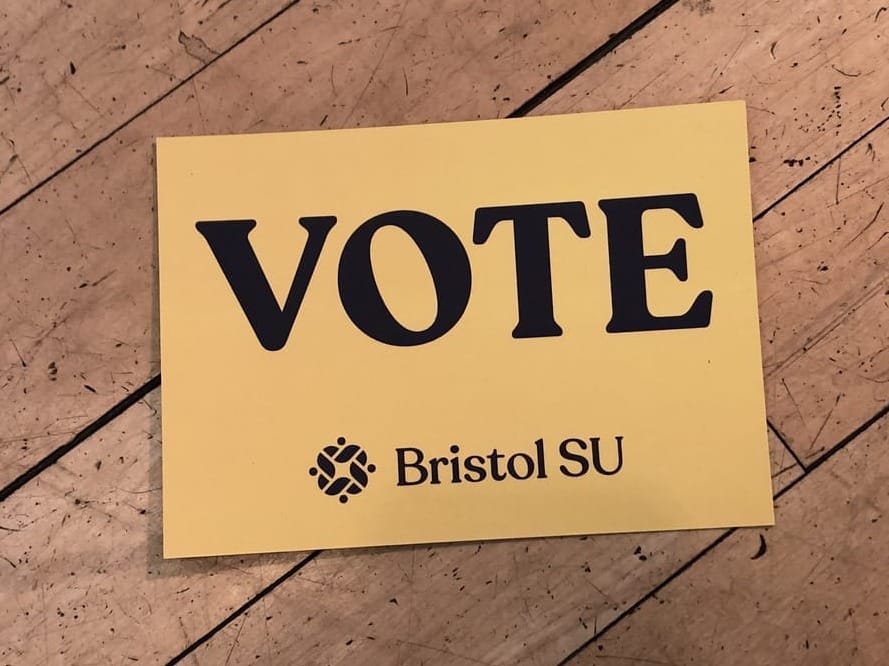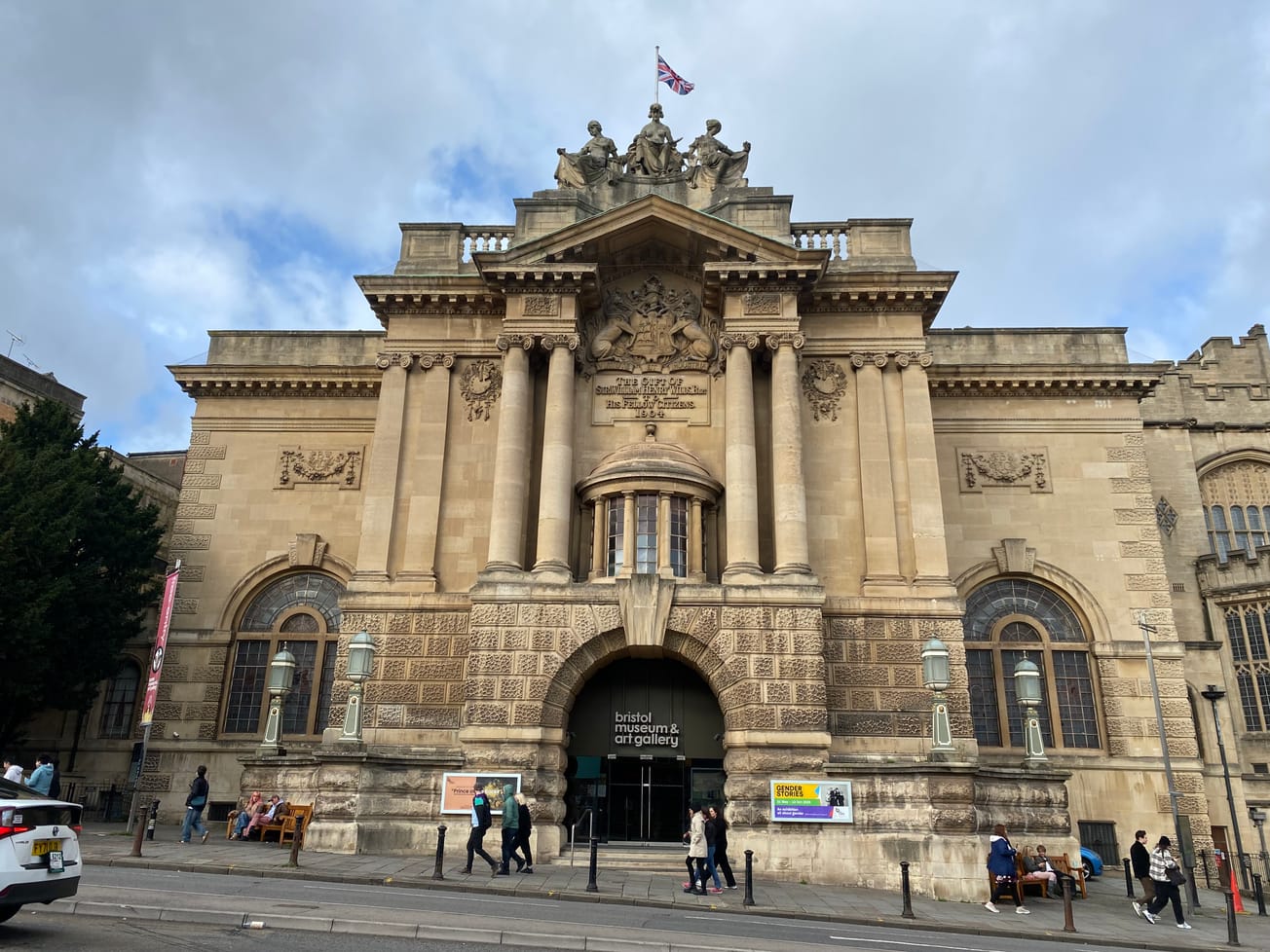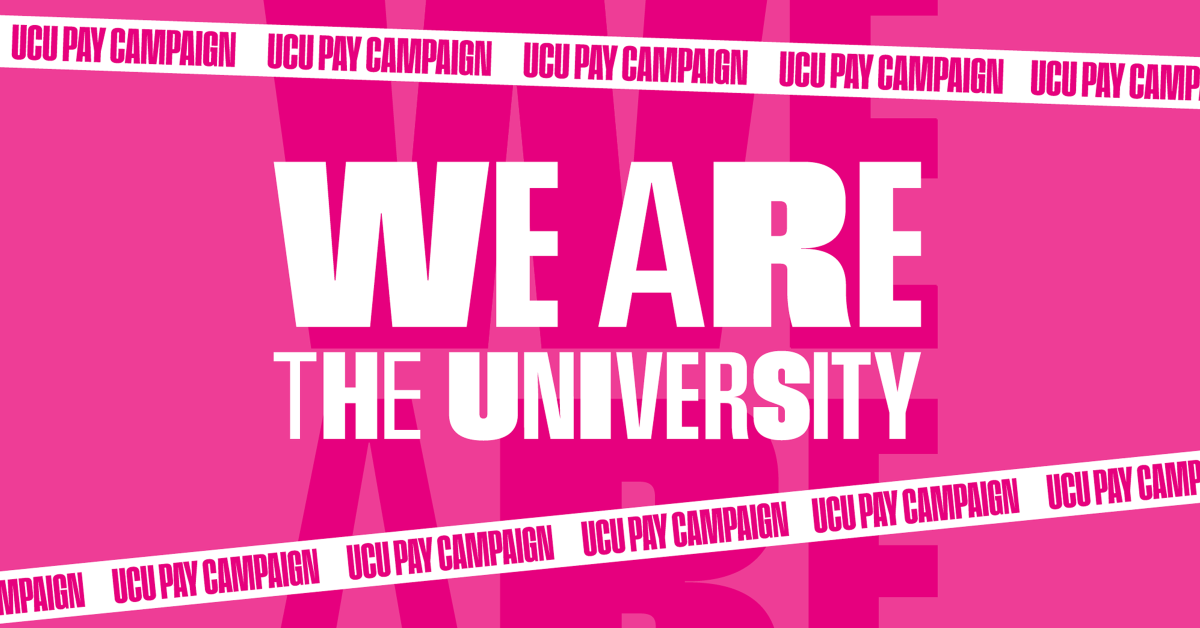By Filiz Emily Gurer, News Editor
The publication of the University of Bristol’s new Sustainable Food Plan reveals changes made to the University’s targets and dates for reaching its sustainability objectives.
The new set of objectives include changes in the University’s targets of formalising its status as a Fairtrade University, as well targets relating to increasing its vegan and vegetarian food in food offerings on campus, carbon mapping and reduction of carbon ‘related to food and drink offerings’, and reducing the sugar in foods retailed by the University.
The new plan has been published on the University’s website following a development process that took over a year, and replaces the previous Ethical and Sustainable Food Policy.
To end Sustainability Month, this Friday 26 February has been declared a Climate Emergency Day of Action. Join us and @Bristol_SU for a day of events and talks from guest speakers. For more information, visit: https://t.co/drc9VrPYhw pic.twitter.com/VQjBlSmFlb
— Bristol University 🎓 (@BristolUni) February 24, 2021
The Sustainable Food Action Plan branches from the University’s Sustainability Policy, which is part of Bristol University’s Vision and Strategy, which also sets objectives for transport, water and energy usage.
The University’s overarching aim is to become a net carbon neutral campus by 2030.
In the area of fairtrade, Bristol University has been working in conjunction with the Fairtrade Foundation to achieve Fairtrade University status.
The Fairtrade Universities award programme supports and recognises universities that have embedded fairtrade, ethical procurement and responsible consumption initiatives.
Other universities to have gained Fairtrade status include Oxford, Exeter, Edinburgh, St Andrews and UCL.
The University had previously set a target to achieve this accreditation by March 2021, however the new objectives set the target date for formalising the University’s Fairtrade status to March 2022.
The University’s Head of Catering told Epigram that ‘Fairtrade status has been delayed due to COVID as many of the criteria to get the award are based around communications and on-campus activities which we couldn’t do during COVID.’
The University has stressed that its ‘goal to achieve Fairtrade University status remains a very high priority, as does [its] commitment to Sustainability within our food chain from procurement, through food production to waste management.’
Mayor of Bristol @MarvinJRees speaking to @Bristol_SU for #ClimateEmergency Day of Action including his thoughts ahead of @COP26 #COP26 #COP26Universities #TogetherForOurPlanet https://t.co/TYJbB5paS3@BristolOneCity @BristolCouncil #onecityapproach https://t.co/DitTfAxH2v
— Cabot Institute for the Environment🏳️🌈✊🏿✊🏾✊🏽 (@cabotinstitute) February 26, 2021
The revised targets in the new Sustainable Food Action Plan also show a change in targets related to carbon mapping and reduction.
Where the previous objective was to reduce carbon ‘related to food and drink offerings’ by 30 per cent by 2021, the new objective aims to reduce it by 20 per cent by 2023.
In comment to Epigram, the University explained that they are implementing a number of actions to work towards the new goal, including ‘offering Food and carbon training to Catering and Procurement staff in May 2021.’
Another changed target in the University’s new Action Plan is that vegan and vegetarian food will be increased by 10 per cent in all food offerings by 2022; the University had previously committed to a 30 per cent increase by 2021.
The University has also changed its target on reducing sugar content in its food offerings. This goal has been changed from a 20 per cent reduction by 2021, to a 10 per cent reduction by 2022.
Bristol University commissions sculpture of Henrietta Lacks on International Women’s Day
Climate Emergency Day of Action at Bristol Uni
Alongside having changed and deferred some of its targets, the University has however met its target in one area of sustainability.
Bristol had committed to ‘deliver all new café or retail units with zero waste packaging for fresh food that has been produced on site from 2020 by promoting reuse, deposit return and take back schemes with whole life costing evidence.’ This target has been met by the Uni in line with its target date.
On packaging, the University also stated that there will be a ‘clear zero single use plastic ethos’ in the new Source Market Place Food Court opening in Senate House this year.
Affirming that the University of Bristol is committed to its work towards greater sustainability, UoB’s Head of Catering added the University is ‘currently actively involved with Sustainable Food Cities bid to be a Gold Level city for food in Bristol. We were very proud to become the first ‘Champion’ in the city due to the huge number of initiatives we have going on.’
A recent initiative by Bristol Uni launched in January 2021 is the Sustainable Food and Student Society Forum, set up ‘to challenge the Catering department to change norms and deliver the ‘Sustainability Action Plan’ goals.’
Featured Image: Epigram / Cameron Scheijde
What do you think about the University’s sustainability targets?









